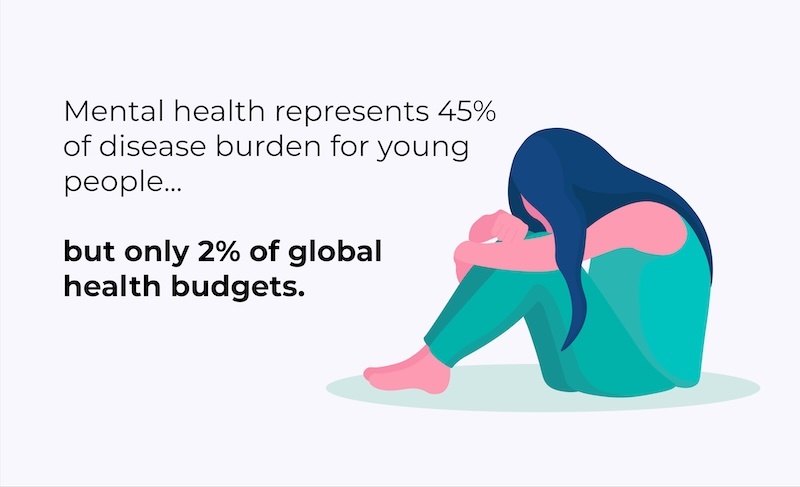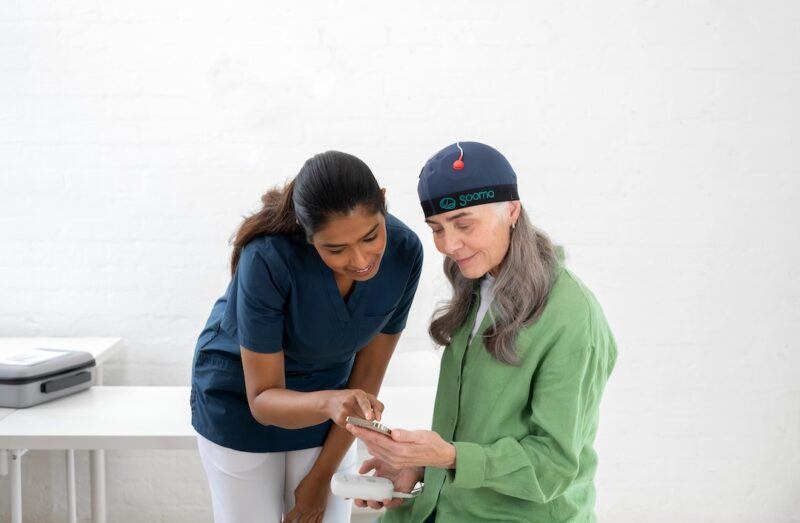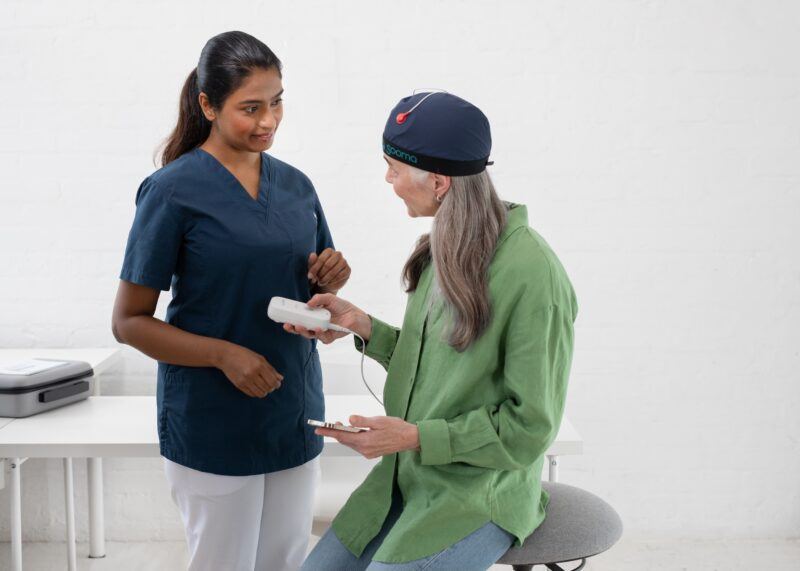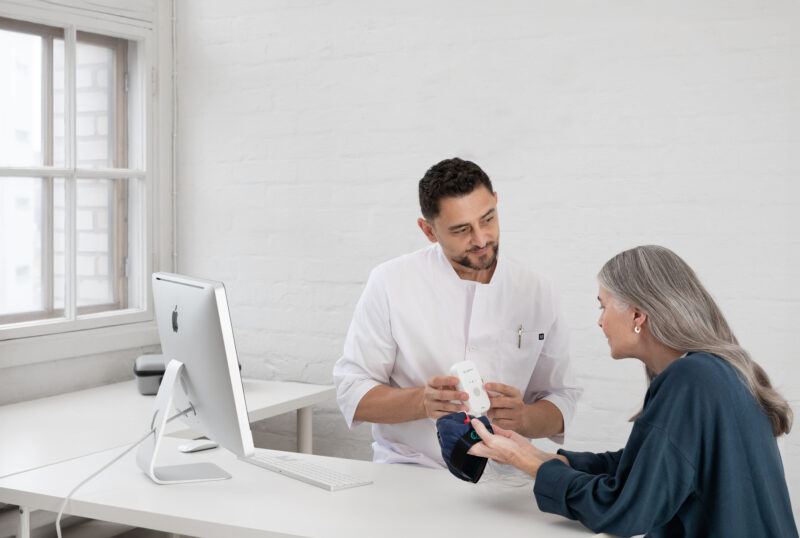Prioritizing Youth Mental Health: A Call to Action

The global youth mental health crisis has reached alarming proportions. As highlighted in the recent Lancet Psychiatry Commission on Youth Mental Health, “Mental ill health represents the principal threat to the health, wellbeing, and productivity of young people who are in transition from childhood to mature adulthood.” This statement underscores the severity of the situation and the need for immediate and comprehensive action
Modern Pressures Exacerbate the Crisis
The numbers are stark and demand urgent attention. As reported by both The Lancet Psychiatry Commission and The Guardian, mental health disorders now account for at least 45% of the overall burden of disease in people aged 10 to 24. Despite this overwhelming statistic, only 2% of global health budgets are currently allocated to mental healthcare. This underfunding is particularly concerning given that up to 75% of mental illnesses begin before the age of 25. The Commission’s policy brief notes, “The majority of young people are unable to access good quality, evidence-based care,” emphasizing the critical gap between need and available resources.
This crisis is further compounded by a range of modern societal pressures that young people face today. The Commission highlights several of these challenges, stating, “Megatrends, an interconnected set of socioeconomic and commercial forces, have over the past two decades seriously undermined young people’s personal and economic security and hope for the future.” These include rising existential threats such as climate change, the pervasive influence of unregulated social media, declining social cohesion, and growing socioeconomic instability. These factors not only contribute to the growing rates of mental ill-health but also underscore the urgent need for comprehensive policy responses.
The Need for a Paradigm Shift in Mental Health Care
Fortunately, we have effective treatment options at our disposal to combat this growing problem. From therapeutic interventions and counseling to advanced neuromodulation technologies, we have the tools to make a real difference. At Sooma Medical, we’re proud to be part of this solution by offering a drug-free, at-home solution that is already in clinical use and has been proven to offer help to those suffering from depression.
However, these options alone aren’t enough. The Lancet policy brief calls for a significant shift in how we address youth mental health: “An urgent transformative movement—a genuine paradigm shift—is needed to adequately address the youth mental health crisis.” This includes not only increased funding but also ensuring that mental health is prioritized in policies and everyday societal practices. The report stresses that youth mental health care “must become the top priority in mental health for reform and investment.”
An urgent transformative movement—a genuine paradigm shift—is needed to adequately address the youth mental health crisis.
To fully address the youth mental health crisis, we must ensure that these treatments are accessible to everyone who needs them. This requires not just more resources but also a societal shift that prioritizes mental health in policy and everyday life. By advocating for greater investment in mental health services and by making these services more readily available, we can bring hope to young people and significantly improve their quality of life.
Now is the time for action. Let’s take this opportunity to prioritize mental health funding, reform policies that contribute to the crisis, and ensure that all young people have access to the care they need. Together, we can address the mental health challenges of today and build a healthier, more resilient future for the next generation.
For more insights into this growing crisis, you can read the full articles here: The Lancet Psychiatry Commission’s Policy Brief and The Guardian
Latest news

Sooma Announces Medical Technology Expert Andreas Hartlep as New CEO
Read more
TGA approves Sooma’s at-home brain stimulation for depression in Australia
Read more
Sooma Medical Announces Pivotal FDA IDE Clinical Trial for At-Home Brain Stimulation Device for Depression Treatment
Read more